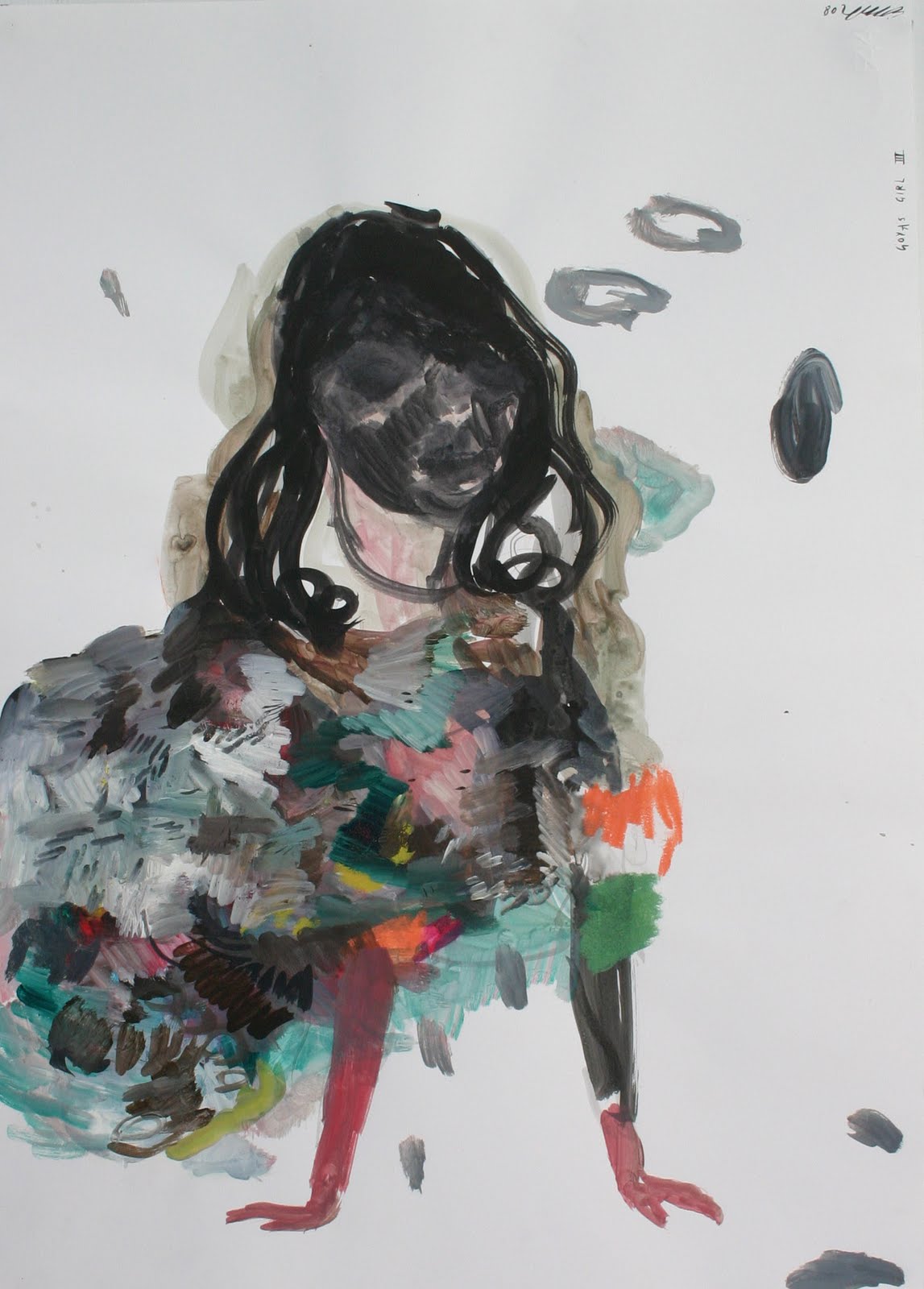Poems by Thérèse Lloyd

The Nail I
Where I am — generic architecture
like a barn or a bach but
neither of those things.
Feral fennel clots the air with ammonia
and the usual marks are everywhere —
burnt stumps and discarded branches,
their currency clattering at the night-window.
I’ve planned a list of the things I will steal:
a Crown Lynn cup and saucer,
an ashtray printed with Foxton: the Foxy Town,
and a remote control like the one I lost.
But I won’t. I will leave this place
cleaner than when I arrived.
If I could get things right on a small scale,
if I could lay the right things
at the feet of the wooden women
who circle the ladder to heaven.
Or reign Foveaux’s rusty breath
to skirt these hingeless doors.
But my vision is divided like a horse’s
and my pockets hurt from the fists
I’ve shoved in them.
Round back the mutton birders are dumping buckets
of bodies in the kitchen sink,
the ovens and deep fryers gearing up a notch.
We prepare ourselves by mumbling a song
taught to us this morning
half naïve native, half colonial huckster
sung to a Beatles tune.
Standing on the grass, I let a nail
pushed from rusted metal
pierce the sole of my shoe.
We’re All Here Buried
Alive under fifteen feet of pure white snow,
my plan for survival is to slowly eat my floral cotton dress.
I will do it remembering summer and the heady days
of edible garden flowers when everyone was mad
for poached pears and crumbled Stilton;
when it was the thing to bring the most expensive savvy and call it plonk.
Everything pre-earthquake, everyone walking on tip-toes
over the rumpled rug of our own fault
lines. The wee earnest man from St John’s
did a number on my sister — she forked out
hundreds for a survival kit
with free plastic carry case,
tablets that promised to turn the future putrid waters
into evian, dried biscuits that would feed the army
and a silver jacket that if nothing else, would prove
to the others who’s boss.
Letters are bunging up the letter box.
No one has taken down their Christmas lights.
The aborted pine browns to rust
in the backyard, embarrassed to be so dead.
Takaka
I think of the moth I rescued from the candle
and how I cupped it carefully in my hands
so as not to frighten it.
How I turned it out into the night
and how sorry I was to see the beginnings of a fine rain.
I don’t know when I lost the fear of things
smaller than my hands.
There was a time, when we would return
each earth worm to the brown turf
rather than see them strand themselves
like tiny sea slugs on the pavement.
It made for a long walk home to a house
with no power or phone and one candle that burned.
What is it to rescue something from one death
only to propel it to the next?
I apologize for my hands, the way they look and
the gestures they make. One day I will take the palmist’s advice
and return to my green witch roots,
dig my hands into the soil and grow trees from saplings.
On the main road in Takaka, I let go of your daughter’s hand.
It was so small and slippery like a baby bird.
She ran out onto the street and the driver of the car
who slammed on his brakes screamed,
‘What kind of a mother are you?’
We went to a café and drank our water in silence.
Your daughter tipped the sugar from its bowl,
and slowly pushed the granules into shapes on the table.
“We’re All Here Buried” and “Takaka” were first published in Orange Roughy (Auckland: Pania Press, 2008).
Twelve New Zealand poets
Edited by Jack Ross